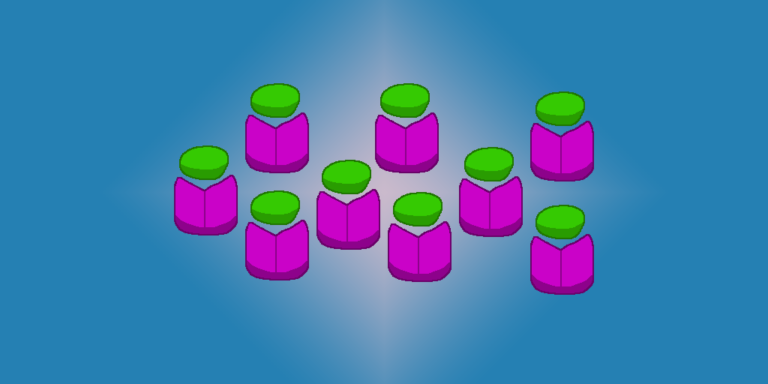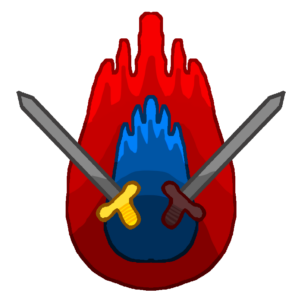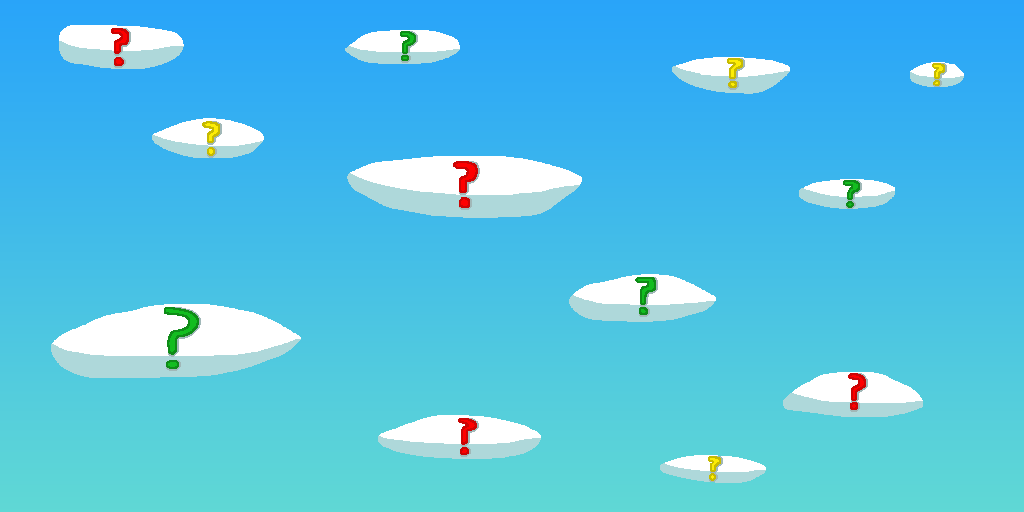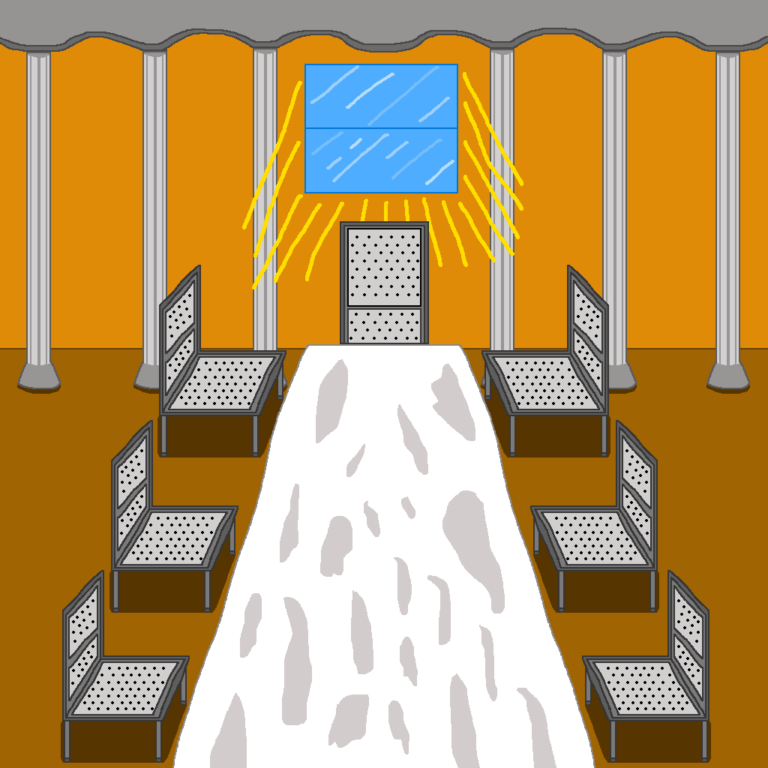Join US
Do you want to build the fantasy world you’ve always dreamed of?
Subscribe to receive notifications when a new post is out and for our monthly newsletter!
You can always unsubscribe anytime.


You’ve edited your book, hopefully more than once, making it better than ever before. However, you feel like you’re not ready to release it to the whole world but you want to know what other people think about the novel you’ve spent so much time working on. That’s where beta readers come in.
Beta readers are people who will read your book and provide you with their thoughts as they go on. Having beta readers is an integral part in the process of publishing a book, whether traditional or self-publishing, as they see things you otherwise wouldn’t notice. Moreover, they can be (and are) an impartial source of information.
One key advantage of using them is that you can have them go through different versions of your book. As you move towards the final stages, you’ll undoubtedly continue to fine-tune your book, making a change here and there. Using beta readers multiple times during the process helps you assess whether the changes you made put your novel in a stronger position or not.
When looking for beta readers, there are important considerations you have to account for. There are different types of readers and you want to use ones who typically read in the genre your novel is in as they can represent your target audience. You also want to go with those who you feel comfortable with.
How exactly do they help you? Obviously they provide feedback but that’s a broad statement. They help you in a number of ways, ranging from how they feel the characters develop over the course of the story or if the plot is moving at the right speed. You can even compose a questionnaire to have them answer as they read your novel.
This is article number forty-seven in the series chronicling how to write a fantasy book. If you want to take a look at what else we have, you can find more on our blog page.
Beta readers have many benefits, however before we get into that, it’s crucial to understand what precisely they are. Knowing what they are is key to learning how they can help you.
In simplest terms, they’re people who you select to read your book, or at least a version of it. In nearly all cases, they’ll be going through a rough version where you know you still have some work left to do. They can help you get a feel for how the general public will view your book once it hits the shelves.

Who can you use as beta readers? Some authors like to use family members or close friends since they’re comfortable with them. While doing this might be a good idea, it’s best to keep in mind they just want the best for you, meaning they’ll give your book a glowing review. It’s usually best to go with acquaintances like coworkers or professional beta readers. These people are more likely to be impartial and tell you what you need to know.
They see things you don’t notice. You’ve worked a long time on your book and you know it in and out. As such, it can be difficult to see things you need to work on since you’re too close to it. Beta readers don’t have that connection which signifies they’re more likely to identify what areas that require more polishing.
How many should you use? Ideally, you want to go with however many you feel comfortable with. If you want a specific number, choosing between 5 and 10 is a good rule of thumb. After all, they’re representative of your target audience and they can help you gauge what the general reaction will be before you publish it so you can do what you need to do.
You’re ready to have a few people read your novel but you have no idea where to start. You might be wondering what qualities should I look for? It’s best to make a list of what you want.
On the list, you can jot down things like someone who’s well-versed in the genre or has a great deal of knowledge about it. Other things you could include would be being able to complete the book in the timeframe you want or being comfortable enough to ask you what questions he might have as he turns the pages of your story. Basically, you want to compile a list of your ideal beta reader.
An important thing you should have when searching for beta readers are a sense of professionalism, especially when they’re telling you what you need to know, not what you want to know. Sometimes it can be tough to hear other people criticize something you created but constructive criticism goes a long way towards making a book better.

The compatibility level is key between you and those you want to use as beta readers. Even though you want them to be impartial, the reality is you’re trusting them with something precious to you. As such, having at least a bit of compatibility between yourself and them makes it easier for things to work out. If things go well, you can use them again for future novels!
You want to go with those who instinctively grasp what you’re trying to say, even if the wording is a bit off. Not everyone who reads your book will get it and the same applies to beta readers. The best ones are those who understand the core message you’re conveying, though you might be doing so awkwardly. Unfortunately, this only occurs as they read your novel.
The most important thing to look for in beta readers is honesty. You want them to share all their thoughts, both good and bad, as they read your book and after they reach its end. What they say is but a preview of what the general public will think when your novel is officially out.
There are quite a few benefits in relying on beta readers in the publishing process. While you don’t have to necessarily use them, what they bring to the table can make the difference between a good book and an outstanding one that people talk about. Think of them as a microcosm of your target market.
The first benefit is that they see things you the author don’t. Each one of them has their own unique perspective, their own way of seeing the world, and they can spot issues that you’re not aware of. This is especially invaluable as you want to make your book the best it can be before launch day.
Another advantage is that beta readers have no close connection to your novel which makes them unlikely to fawn over its good parts while glossing over the bad. While they’ll laud the good parts, pay more attention to what they feel is your book’s weakest areas. Whether a plot twist doesn’t come off as impacted or if a character does something that doesn’t gel with their personality, there’s always room for improvement and they just want to help you.

They keep you in the loop as to where they are in the story. This enables you to get a sense of their progress as well as give you an opportunity to ask them questions about what they just read so you can get their thoughts in realtime. As to how often this happens, it’s up to you and them to decide the frequency in which you’ll talk.
A great benefit to using beta readers is that they ask you questions about your novel. They could be about the ideas or concepts it explores or about an object or character. Answering them shows how much you know about the ins-and-outs of your book as well as give you more reason to include some additional information in it to answer similar queries.
You can even compose a questionnaire where you ask a wide range of questions. Having them answer it gives you feedback on a number of things, both good and bad. Going through them gives you a sense of what you need to work on in your next round of revisions/edits.
Beta readers are an invaluable part of the process of publishing a book. They provide you with their thoughts when your book is still evolving so you can make the changes you need to make before you officially release it. The best part is, you can use the same group of readers for different versions or go with a wholly different group each time.
They’re a group of people you selected to read your book in its raw form. In its raw form, you’ve already edited and made revisions and you feel ready to have other people take a look at what you created so you can see what they think. Going with a small group will give you great results.
However, when searching for them, it’s imperative you establish a criteria for what you want. You’re looking for people who will give you their unbiased thoughts, as painful as it might be to hear, not those who will say it’s the best book they ever read. Make a list and weigh the prospective candidates against it so you have a good fit and are at least a bit compatible with.
There are benefits in using beta readers. For starters, they provide you with feedback about your book’s strengths and weaknesses. They can tell you what they feel about the characters, the world, how the plot is progressing, and so on. They’re able to spot issues that you might not even know about, thereby giving you an opportunity to rectify them.
If you haven’t given much thought to having beta readers, there’s no better time to start than now!
Let me know what you think in the comments below. (Note: this is an account-exclusive feature).
If you don’t have one, you can register here. It only takes a few moments of your time!
Liked this article and want to subscribe? All you have to do is fill out the form below and that’s it!
Thanks for reading this and until the next time,
Sunfire
Subscribing means you receive:
You can always unsubscribe anytime.
Do you want to build the fantasy world you’ve always dreamed of?
Subscribe to receive notifications when a new post is out and for our monthly newsletter!
You can always unsubscribe anytime.